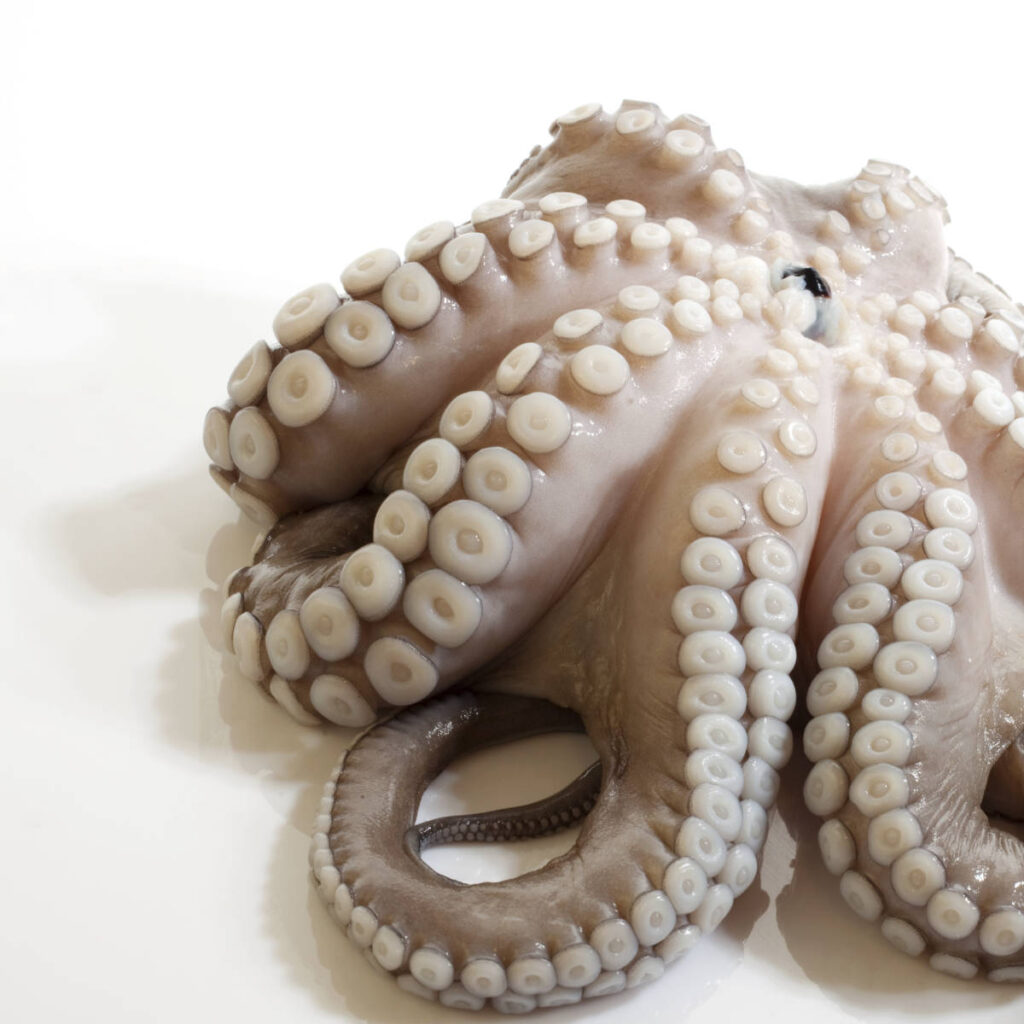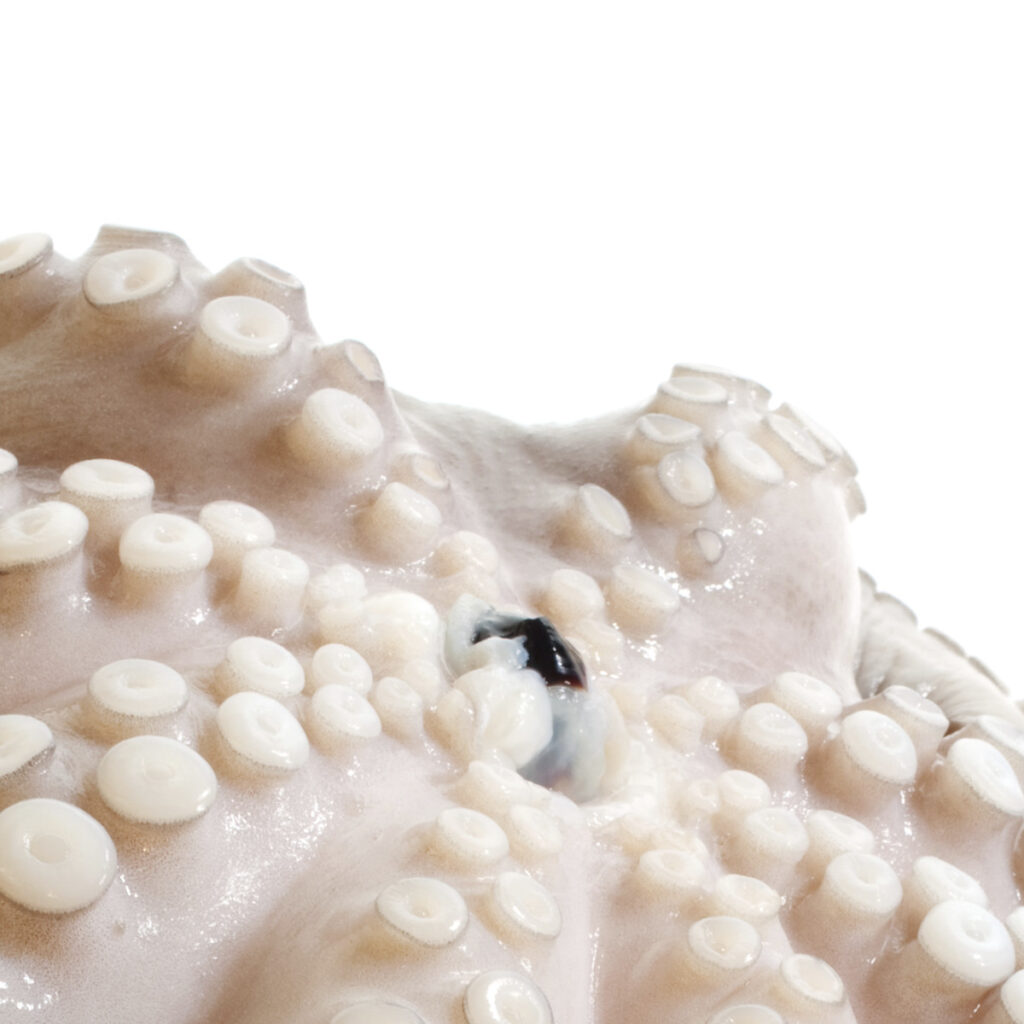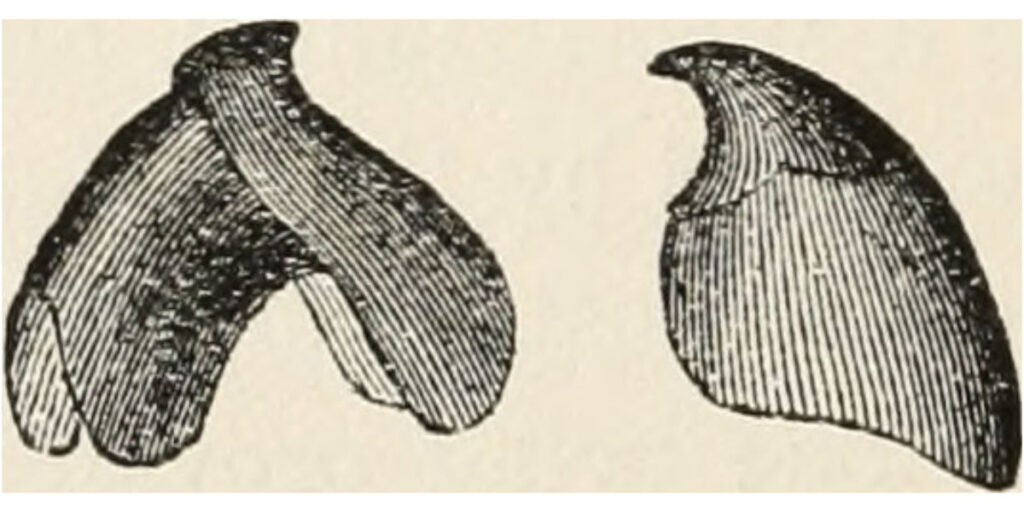Last Reviewed and Updated on August 18, 2022
The octopus is one of the most peculiar creatures in the world. It can squeeze through almost anything, it’s intelligent, and it has blue blood. Does an octopus have a beak on top of other peculiarities? Let’s take a closer look at what’s hidden inside the mouth of an octopus.

What are octopuses?
An octopus is a cephalopod mollusk of the order Octopoda.
Around 300 species are recognized, and the order is grouped within the class Cephalopoda along with squids, cuttlefish, and nautiloids. They are characterized by their soft symmetrical bodies, eight arms which they use for walking and grabbing prey, two eyes, and a mouth at the center point of the eight arms.
Octopuses are among the most intelligent and behaviorally diverse of all invertebrates.
You might also like: facts about octopus
Does an octopus have a beak?
Octopus has no bones in their body at all; their bodies are mostly soft; however, they do have one hard part in their body – a beak-like mouthpart inside their mouths. In fact, all cephalopods have this type of mouthparts – you will find them in squid, cuttlefish, and nautilus as well. Do all octopuses have beaks? Yes, they do! All living species of octopus have a beak.

The beak of an octopus resembles that of a parrot.
Fun fact: the beak is not digestible, so when researchers examine the stomach contents of octopus-eating animals, they can determine the species of the octopus by the undigested beak.
What are octopus beaks made of?

Octopus has a two-part beak (also known as rostrum) in its mouth. The beak is composed primarily of chitin and cross-linked proteins. Chitin is the primary component in the exoskeletons of crabs and insects. It serves a similar function to keratin, a structural material of scales, hair, nail, feathers, claws…
The beaks of birds are completely different; they have an outer layer of keratin with a bony core.
Why do octopuses have beaks? Can they bite you?
An octopus, as well as other cephalopods, mostly use its beak to break open hard-shelled food such as crab and clam. They also use them to tear the flesh of their food.
And yes, while it’s not common, an octopus can bite you. Most of the time, you don’t really need to worry about their bites unless you would be bitten by the only octopus species dangerous to humans; the blue-ringed octopus.
